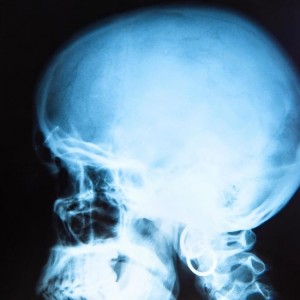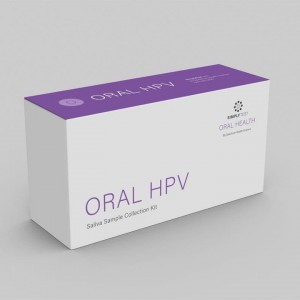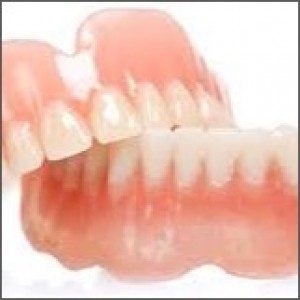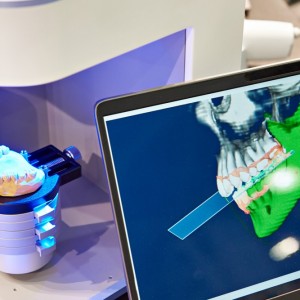
Effects of Antibiotics on Dental Implants: A Review
There are many reasons for dental implant failure, the development of bacteremia is concern for dentists. This is due to the possibility of unfavorable result such as implant loss or the need for re-treatment.
In general, antibiotic prophylaxis is recommended for high risk patients such as individuals with an immunodeficiency, infectious endocarditis, or previous prosthetic instrumentation.
However regarding clinically healthy, low and moderate risk individuals the use of antibiotics in implant dentistry is controversial. Another major concern regarding the over prescription of antibiotics is the selection of antibiotic resistant bacteria. A better understanding of the efficacy of prophylactic treatments regarding dental implantation is crucial. Thus a literature review and comparison of survival rates of dental implants with regimens of no, pre or post prophylaxis was performed using systematic literature review using reliable electronic databases.
Retrospective or prospective controlled studies were examined for the influence of preoperative and/or postoperative or no antibiosis on dental implant success rate.
Of the 11406 implants used in this literature review, cases with no antibiotics had a 92 % success rate, cases with pre-op antibiotic alone had a 96% success rate, cases with post-op antibiotic alone had a 97% success rate and cases with both pre and post-op antibiotic had a success rate of 96%. Thus, the results from this literature review show a > 90% success rate when antibiotics are used compared to when they are not used. Thus, no benefit is seen from the use of antibiotic prophylaxis in low and moderate risk dental implant patients.
Authors: Nabeel Ahmad, Najeeb Saad
Source: https://pmc.ncbi.nlm.nih.gov/
 Tag
Tag
 Related articles
Related articles
The aim of our study was to qualitatively and quantitatively synthesize the evidence regarding ways to improve motivation of oral hygiene among orthodontic patients
Editorials 23 April 2025
Commonly prescribed medications for high blood pressure have unexpected side effects
Henry Daniell of Penn Dental and collaborators found that ACE inhibitors dramatically reduced the activity of ACE2, a critical cardioprotective enzyme.
Oral Hygiene & Prevention 21 April 2025
Change in diet and oral hygiene over an 8-week period: effects on oral health and oral biofilm
The aim of the study was to monitor changes in oral health and oral biofilm composition in vivo during an experiment simulating prehistoric lifestyle and diet and poor oral hygiene.
Restorative dentistry 28 November 2024
Restorative materials in the new era should be “bio-active” and antibacterial effects are highlighted as one of the important properties.
Editorials 15 November 2024
Dr. Tom Sollecito Talks with Breastcancer.org on Oral Side Effects of Cancer Treatment
Suffering from mouth sores or dry mouth? Dr. Thomas Sollecito offers solutions.This information is provided by Breastcancer.org.Donate to support free resources and programming for people affected by...
 Read more
Read more
Much like EMTs rushing to the scene after an accident, stem cells hurry to the site of a skull fracture to start mending the damage. A new finding has uncovered the signaling mechanism that triggers...
Products 05 November 2025
SimplyTest has launched a groundbreaking saliva-based test to detect high-risk strains of oral human papillomavirus (HPV), a major cause of oropharyngeal cancers.
News 05 November 2025
Perimetrics, Inc., a dental technology company pioneering quantitative diagnostics, announced today that the U.S. Food and Drug Administration (FDA) has granted clearance for the InnerView...
News 05 November 2025
On October 15, open enrollment for Medicare began nationwide. Hundreds of thousands of seniors in New Jersey will once again face the challenge of finding the right Medicare coverage, including the...
Digital Dentistry 04 November 2025
Digitalisation is an expanding field in dentistry and implementation of digital teaching methods in dental education is an essential part of modern education.















